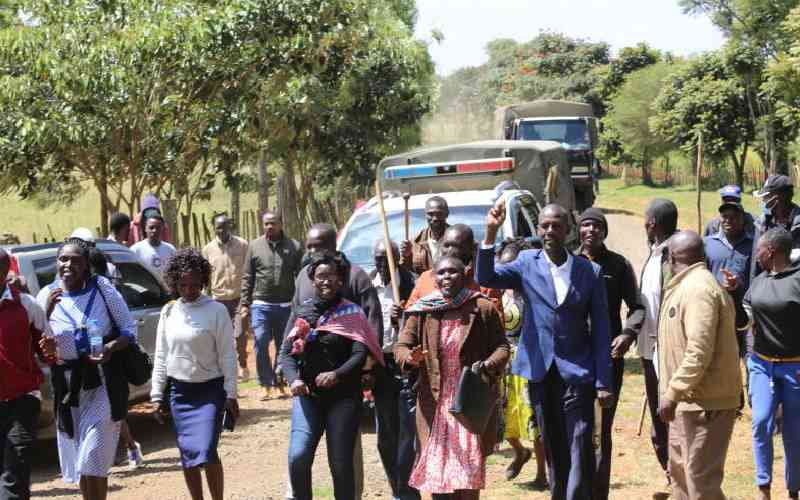×
The Standard e-Paper
Stay Informed, Even Offline

The family of former politician Mark Too has lost a second-round battle against a group of 800 squatters over a multi-billion properties in Eldoret.
In a verdict that is a major indictment to the former nominated MP, in his death, the Court of Appeal has found that he had hatched a plot to swindle Sirikwa Squatters Group a 25,000 acres property.